TECH-NIQUES can consult home owners and businesses wishing to install Electric Vehicle Charging systems.
UNDERSTANDING THE FORMULA
According to EPA the amount of energy stored in a gallon of pure gasoline is 33.7 kWh of heat, but when a car burns a gallon of gas in the engine most of this energy comes out of the radiator and exhaust pipe as hot air or gases. This leaves, in city driving about 12% to 20% and on the highway about 20% to 30% of the energy in a gallon of gasoline to propel the car (https://www.fueleconomy.gov/feg/atv.shtml). Using on average; 20% of 33.7 kWh leaves 6.75 kWh of energy to propel the vehicle. (Also, consider more than 6.75 kWh of energy is used to refine and deliver a gallon of gasoline for use in a car.)
An electric car uses on average about 80% of the energy used to charge it to move it down the road (90% city and 73% highway, https://www.fueleconomy.gov/feg/atv-ev.shtml). So to compare the 6.75 kWh available in a gallon of gasoline to the kWh used to charge an electric car we divide 6.75 by 80%. This yields about 8.44 kWh of electricity delivered from the utility power grid equal to the energy available from a gallon of gas. Multiply the cost per kWh on your electric bill by 8.44 and this will yield the approximate “Equivalent Cost per Gallon”. Average cost per kWh in the U.S. is $0.12 per kWh or an Equivalent Cost per Gallon of about $1 per gallon. Using an off-peak or EV plan available from some utilities will put the Equivalent Cost per Gallon far below the $1 per gallon cost.
City vs Highway efficiency: Electric cars are most efficient in city driving, where gasoline cars are most efficient on the highway.
Electric vehicles may not be the best option for long highway trips, where gasoline engines are in their peak efficiency and battery capacity becomes an issue for electric cars. But, considering the high efficiency of an electric car for city driving and the use of off-peak and EV plans for charging at night, the Equivalent Cost per Gallon for in city driving drops into the 30 cents a gallon range. A Nissan Leaf with an average 42 miles a day commute, would have plenty of range to do this and cost about 50 cents a day in energy. A gasoline car would burn about 1-2 gallons on this same typical commute, but occasionally must find a gas station. The electric car could charge at home or work.
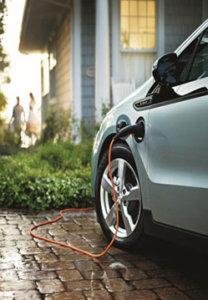
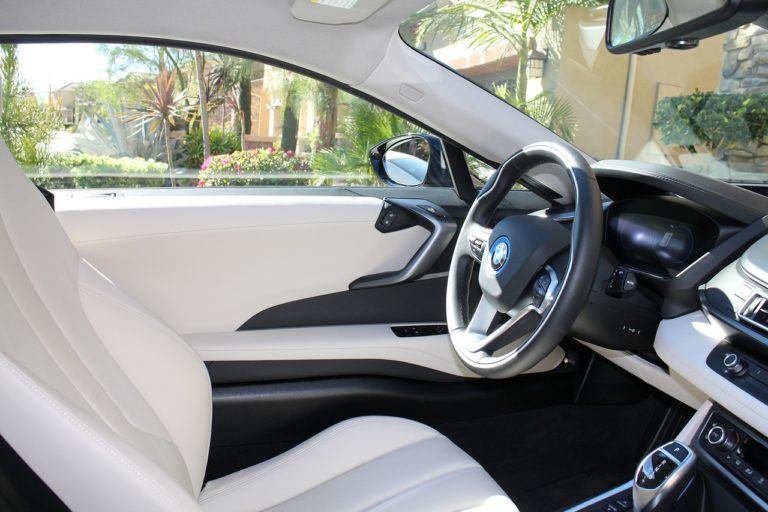
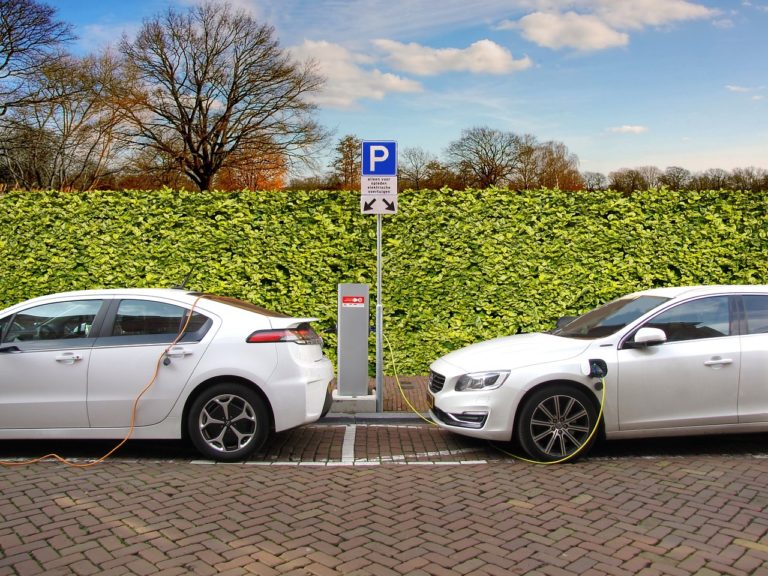
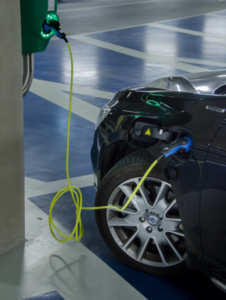
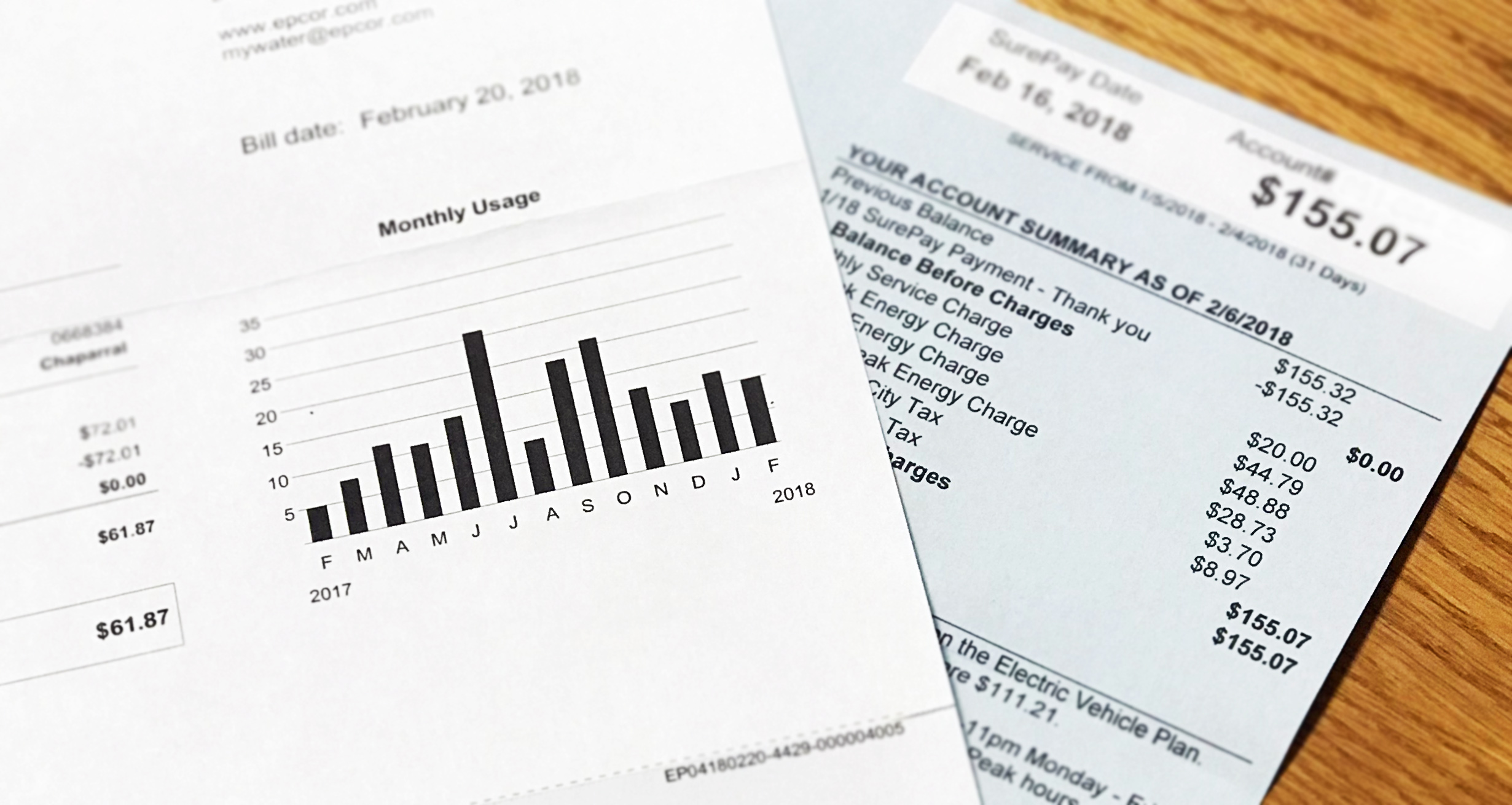
PEAK SHAVING
Peak Shaving is a method of saving on energy costs by avoiding the utility companies peak energy consumption hours. These are the hours of the day that both business & residential users generally place maximum demand on the power company, such as running utilities and A/C. Your power company will be able to provide the range of hours per day that are peak usage hours, and for which hours they provide a reduced rate.
EV CHARGING FOR YOUR BUSINESS
Catering to electric vehicle owners can benefit both drivers and business owners alike. Find out if installing a charging station is the right move for your business type, size, and location.
Nearly 90% of EV drivers are likely to make purchases while charging up at retail locations.
And over 75% of EV drivers return more frequently to locations
where they know charging is available.
YOU MAY BE ELIGIBLE FOR INCENTIVES
Be sure to explore incentive options. Check with your utility company about incentives for installing EV charging stations. Some states and cities offer incentives as well.
TO CHARGE OR NOT TO CHARGE?
When it comes to offering charging for EV drivers, the decision will come up on whether or not to charge patrons a fee for the newly added service. There are pro’s and con’s to both. Do your research and find out if charging a fee, or offering the service for free will be in the best interest of you and your customers.

How EV Charging Solutions Benefit Employees
Have you considered offering your employees the convenience of charging up at work? Imagine the advantage of arriving to work every day knowing your tank would be full by the time you leave. Cut out the extra stop on the way home, save time, and eliminate the worry of stopping in an unsecured area late at night. These are just the obvious conveniences…
Installing electric vehicle charging stations at your place of business exemplifies your commitment to providing a ‘green’ work place; adding to the positive perception of the environmentally friendly business. Many mid to large size companies already offer discounts on public transit fares, or help to organize ride sharing/carpooling groups. Take your commitment a step further. Offering this valued benefit may incentivize current employees to purchase EV vehicles, potential employees may see it as an added bonus over a competitors establishment, while rewarding those who have already made the transition to driving emissions free vehicles.
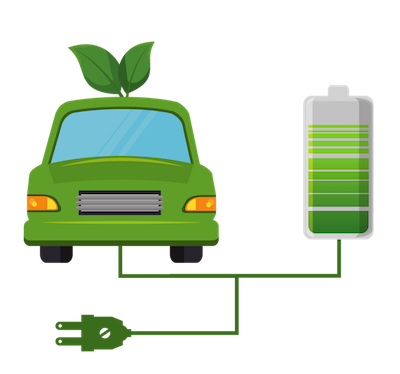
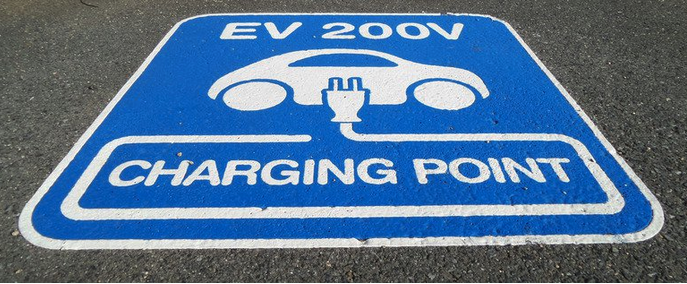
How EV Charging Solutions Benefit Your Customers
Show your customers and associates that you are dedicated to supporting eco-friendly transportation options by offering electric vehicle charging while they’re visiting your establishment. Once these vehicle owners see the added service they can receive from your business, they are likely to become repeat customers.
That is especially true if access to the outlet is offered free of charge. Welcome a new brand of clientele to your business by reaching a new customer demographic.
Understand your options. TECH-NIQUES can help you identify your primary customer needs, and direct you in choosing the best power options for your location.
Additional Benefits to Consider
In some areas EV drivers have the ability to travel in the HOV lane during high traffic times of day, even when the driver is the sole passenger. You may check your state traffic department for more information. Here in Arizona, the state’s Energy Efficient Plate Program allows eligible plug-in hybrid electric vehicles (PHEVs) unrestricted access to the high-occupancy vehicle lanes. HOWEVER, be aware that most EV cars perform optimally in slower moving and stop-and-go traffic. Here’s why: an EV vehicle is performing optimally at around 40-50 mph. Making city driving your prime environment. Cruising at anywhere from 65-75 mph uses considerably more energy. In addition, many electric cars will actually convert the energy use from braking into reserve power. Sounds counterproductive, right? Get there slower and save energy? It’s true, and it’s called regenerative breaking.
Whether this outweighs the benefit of arriving home from work in less time, and avoiding the frustration of rush hour traffic, one will have to decide for themselves.

